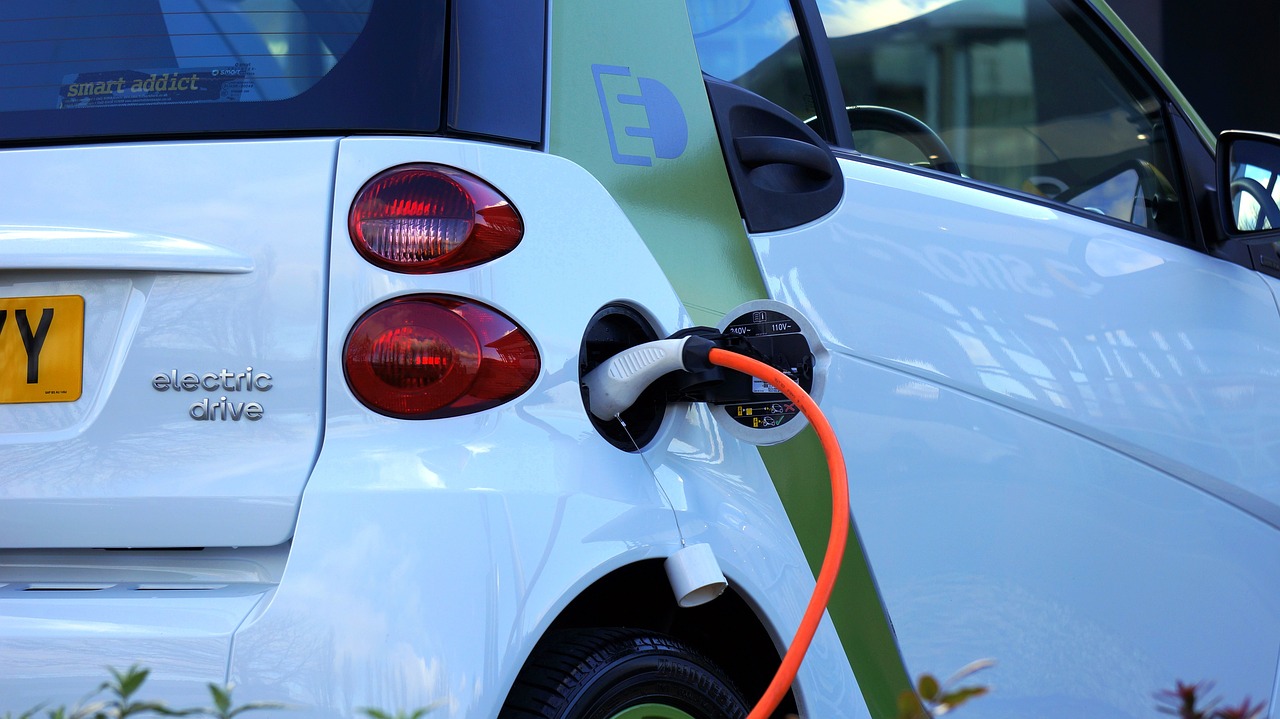Electric vehicles (EVs) have emerged as a promising solution to combat climate change and reduce environmental pollution associated with transportation. With advancements in technology and increased accessibility, EVs offer numerous environmental benefits that can contribute to a greener and more sustainable future. In this article, we will delve into the environmental advantages of electric vehicles and their potential to transform the transportation sector.
Reduction in Greenhouse Gas Emissions
One of the most significant environmental benefits of electric vehicles is their potential to reduce greenhouse gas (GHG) emissions. EVs produce zero tailpipe emissions since they run on electricity rather than fossil fuels. The transportation sector is a major contributor to GHG emissions, mainly through the combustion of gasoline and diesel in internal combustion engine vehicles. By transitioning to electric vehicles, we can significantly decrease the amount of carbon dioxide and other harmful emissions released into the atmosphere.
According to studies, EVs emit fewer lifecycle emissions compared to conventional vehicles, even when accounting for the emissions associated with electricity generation. As renewable energy sources continue to replace fossil fuels in the power grid, the environmental advantages of electric vehicles will further amplify.
Improved Air Quality and Public Health
The combustion of gasoline and diesel in traditional vehicles releases a range of air pollutants, including nitrogen oxides (NOx), particulate matter (PM), and volatile organic compounds (VOCs). These pollutants contribute to poor air quality, smog formation, and respiratory health issues.
Electric vehicles, on the other hand, do not emit these harmful pollutants during operation. As a result, the widespread adoption of EVs can lead to improved air quality in urban areas, reducing the risk of respiratory diseases and other health problems associated with air pollution. This positive impact on public health is particularly significant in densely populated areas where vehicle emissions are concentrated.
Decreased Dependency on Fossil Fuels
Electric vehicles help reduce our dependency on finite fossil fuel resources. The transportation sector heavily relies on gasoline and diesel, which are derived from crude oil. As the demand for EVs increases, the need for petroleum-based fuels decreases, leading to a reduced reliance on fossil fuel extraction and consumption.
By transitioning to electric vehicles, we can diversify our energy sources and promote the use of renewable energy. Electricity can be generated from a variety of sources, including solar, wind, hydro, and geothermal power. As these renewable energy sources continue to expand, the environmental benefits of electric vehicles become more pronounced, as they effectively become vehicles powered by clean energy.
Noise Pollution Reduction
Electric vehicles operate much quieter than internal combustion engine vehicles. The absence of a noisy engine and exhaust system contributes to a significant reduction in noise pollution. This has positive implications for urban environments, where noise pollution from traffic can impact the quality of life for residents and disrupt ecosystems.
Reducing noise pollution not only enhances the overall comfort and well-being of individuals but also provides benefits to wildlife. Wildlife habitats near roads and highways can experience disturbances due to noise pollution, which can disrupt feeding patterns, mating behaviors, and communication among animals. The quiet operation of electric vehicles helps mitigate these disturbances, creating a more harmonious coexistence between transportation and the environment.
Potential for Integration with Renewable Energy
Electric vehicles offer the potential for integration with renewable energy sources, creating a synergistic relationship. Through vehicle-to-grid (V2G) technology, electric vehicles can serve as mobile energy storage units. When connected to the power grid, EV batteries can store excess renewable energy during times of high production and release it back to the grid when demand is high.
This integration not only ensures the optimal utilization of renewable energy but also helps stabilize the grid by balancing fluctuations in supply and demand. It promotes the efficient management of renewable energy resources and reduces the need for additional energy storage infrastructure.

